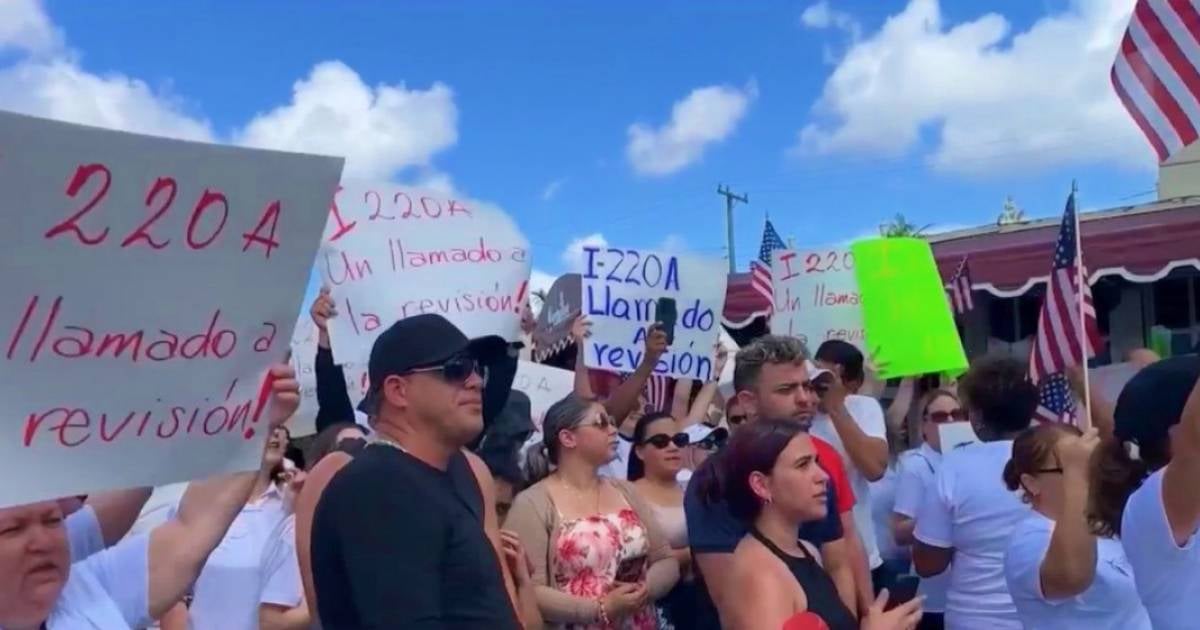
The Freedom of Information Act (FOIA) was enacted in 1966 with the aim of granting citizens in the United States access to certain records of the federal government.
In that country, individuals can request access to documents and records from the Executive Branch, including data from federal agencies such as the United States Citizenship and Immigration Services (USCIS).
Cubans who have the I-220A or I-220B form should be aware of FOIA because it can be a crucial tool for obtaining information about their immigration files.
What can the FOIA offer you?
The FOIA guarantees the public access to information held by federal government agencies, with exceptions such as when records contain information that could invade individuals' privacy, reveal confidential business data, or affect police investigations.
This law is especially useful for individuals who need to obtain specific government documents, such as their own immigration records or those of family members, as long as they have the corresponding permission.
Over the years, the FOIA has been amended to improve its functioning, highlighting the FOIA Improvement Act of 2016, signed by former President Barack Obama, which introduced more efficient procedures for processing document requests.
Why is the FOIA important for Cubans with I-220A or I-220B?
Forms I-220A and I-220B are documents issued by USCIS in immigration cases involving parole or supervision in the United States.
The FOIA is an invaluable resource for many Cubans who have received one of these forms, because it allows them to request their immigration records and to detect vital information early that is necessary to resolve their legal situation in the country.
Obtaining these records is essential for preparing appeals, complying with immigration procedures, and better understanding your legal situation.
Requesting these documents allows Cubans with I-220A or I-220B to access details that are not always available, such as immigration records, communications between agencies, or decisions made by immigration officials.
By submitting a FOIA request online through the USCIS website, you can receive the necessary information to advance your immigration cases more quickly and efficiently.
Procedure to request information under the FOIA
Those interested in making a FOIA request should begin their process by carefully reviewing the government's instructions on official pages, as this will ensure they are requesting the appropriate documents.
It is advisable to check if the files are already available in the USCIS Electronic Reading Room before making the request. Additionally, the U.S. government recommends requesting only the specific documents necessary for the immigration process, as this can expedite the procedure.
Once the application is submitted, the status can be tracked online. When the documents are ready, the applicant will receive an email to access the files and download them digitally, which saves time compared to traditional postal procedures.
The FOIA is a powerful tool that grants citizens, including Cubans with I-220A or I-220B, the right to request information relevant to their immigration cases in the United States. Gather information about your case so that you can make the best decisions regarding your legal status in the country with your lawyers.
What do you think?
COMMENTFiled under: